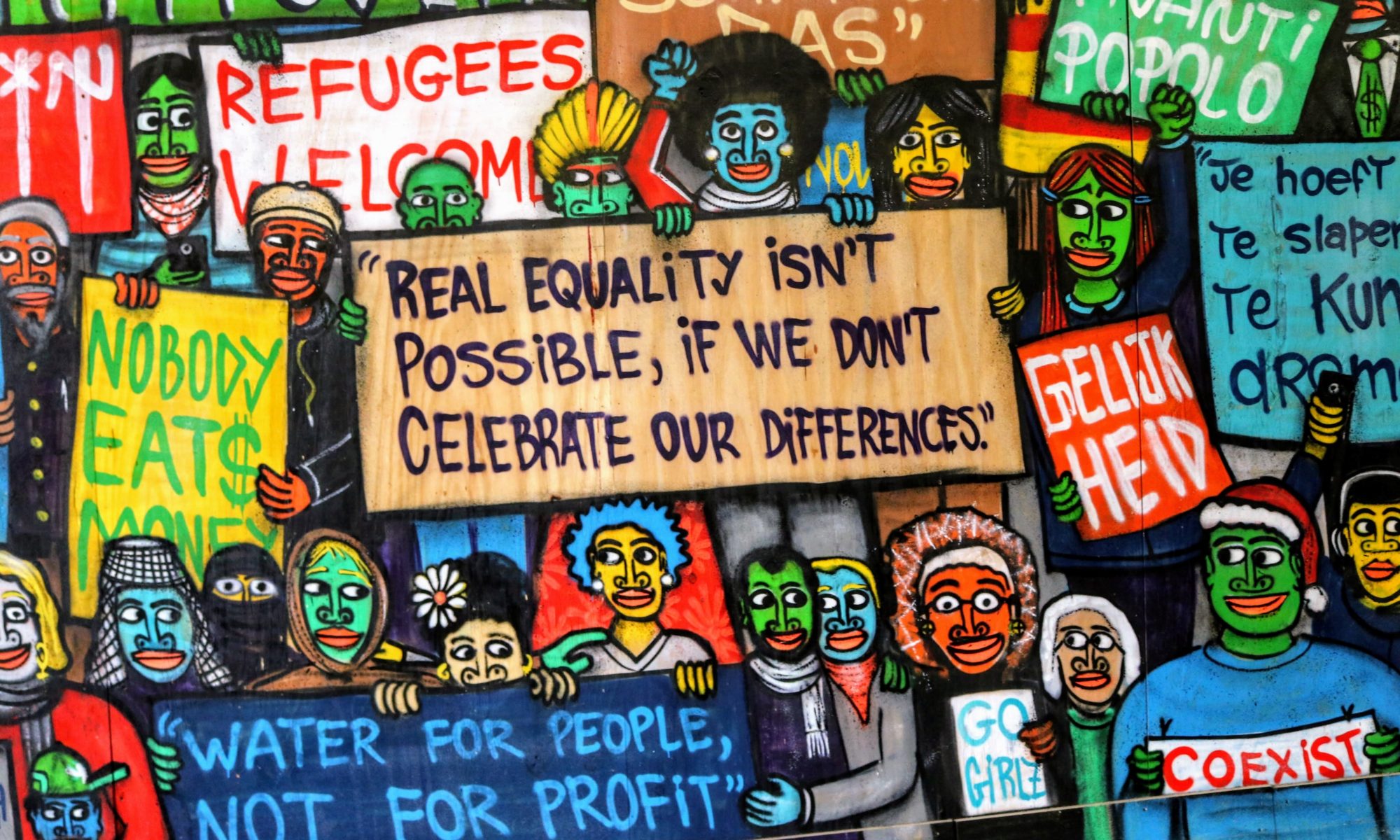By Tim Kornprobst and Anna Schwachula
Ever since development cooperation began in the 1950s, it has fallen under suspicion of upholding colonial conditions. Proponents of post-development theories therefore stress that the concept of development cooperation is problematic in the way it divides the world into “developed” countries on the one hand and “less developed” countries on the other, as this is considered to represent a Western, capitalist paradigm. In the eyes of critics, this bifurcation serves to perpetuate a colonial power structure in which experts from the global North recommend solutions to societies of the global South they consider to be “backwards”. Continue reading “How Can Development Cooperation Be More Sensitive To Power Relations?”


